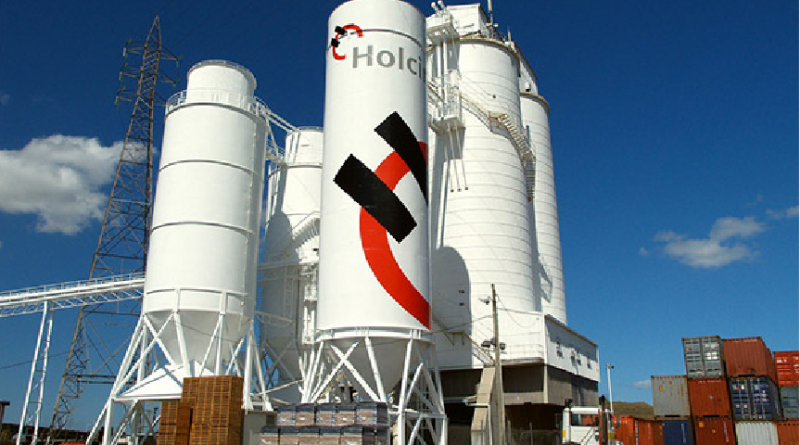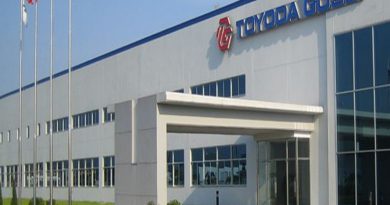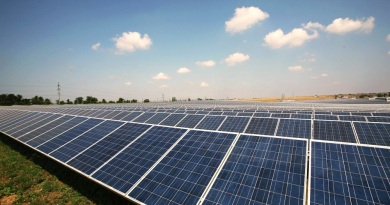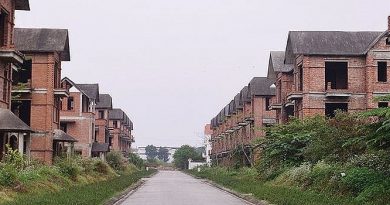Buyers line up for LafargeHolcim’s Vietnam divestment
Foreign and Vietnam’s state-owned cement companies are racing to tender offers for LafargeHolcim in Vietnam’s divestment.
The contenders include Thailand’s SCG, Japan’s Taiheiyo Cement Corporation, and Vietnam’s largest cement maker Vietnam Cement Industry Corporation (Vicem). They have all expressed their interest in buying the stakes of Holcim Vietnam, a member of multinational cement maker LafargeHolcim Group.
LafargeHolcim Group has launched a mandatory tender offer for the acquisition of the remaining shares of Holcim Vietnam, in which the group holds a 65 per cent stake, and the rest held by Vicem. Though the exact timing is yet to be settled, it is expected to release the potential tender this week.
According to a VIR’s source, the price offering was $450 million. But according to Viet Capital Securities, the offer price will likely be higher, thus making it more likely that the successful buyer is a foreign enterprise.
For SCG, this deal fits in with its strategy to acquire a whole or part of another cement plant in Vietnam. SCG’s president and chief executive officer Roongrote Rangsiyopash was quoted by Nikkei Asian Review as saying that a joint venture or merger with an existing plant would be the best way for the group to expand its presence in the Vietnamese market, after its original entry to the market through the acquisition of Buu Long Industry & Investment Joint Stock Company in 2013.
Meanwhile, Japan’s Taiheiyo Cement Corporation, which is a stakeholder of Nghi Son Cement Corporation, did not release a comment on a potential acquisition.
Vicem’s chairman of the board Luong Quang Khai confirmed that Vicem had not made a detailed offer, but it was weighing its options for the future. The deal depended on the price set by LafargeHolcim Group, and on Vicem and its consultants’ valuation of the company and its growth prospects.
In Vietnam, LafargeHolcim has five cement plants and eight ready mixed concrete plants, with an annual capacity of six million tonnes of cement and one million cubic metres of concrete per year, overtaking Nghi Son Cement Corporation and Phuc Son Cement Company as the largest foreign-invested cement producing company in Vietnam.
Nguyen Hoang Cau, secretary general of the Vietnam Cement Association, said that the mergers and acquisitions (M&A) method would the most effective form for restructuring in the cement sector, as companies in this sector were currently facing great challenges.
Although LafargeHolcim Vietnam is a very large entity, in other respects this case is similar to other companies that are considering restructuring.
According to StoxPlus, the investment cost to establish a new cement factory in Vietnam is around $170-180 per tonne. Meanwhile, valuation per tonne of recent M&A deals in the sector is much lower at $105 per tonne.
 Valutation per tonne of significant M&A deals in Vietnam’s cement sector |
However, the valuation per tonne looks to be rising, thanks to the good performance of the domestic market and the decrease in raw materials, especially coal. As such, the acquisition of LafargeHolcim Vietnam looks to be a good opportunity for investors who have long-term interests in Vietnam’s cement industry to penetrate the local market.
Source: VIR







